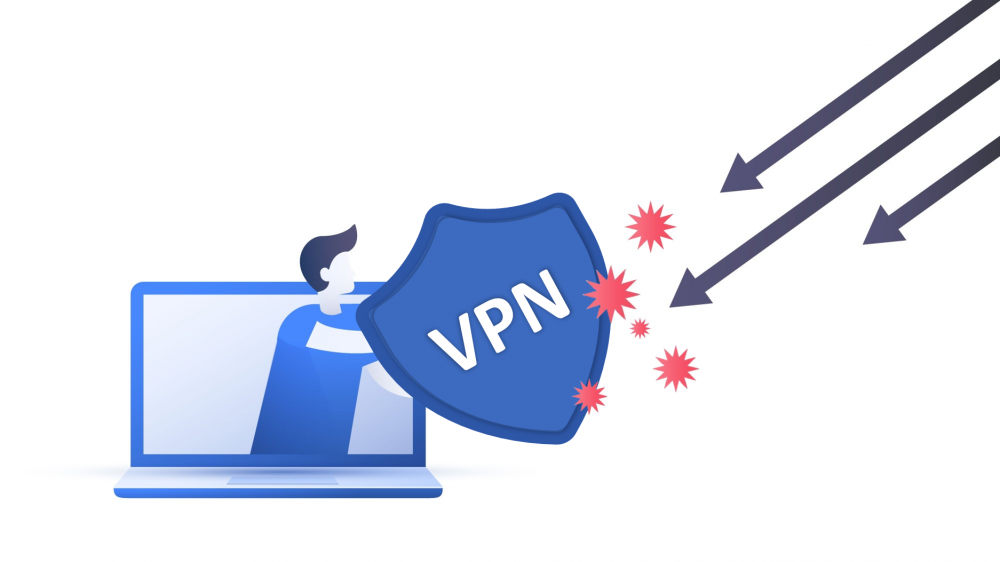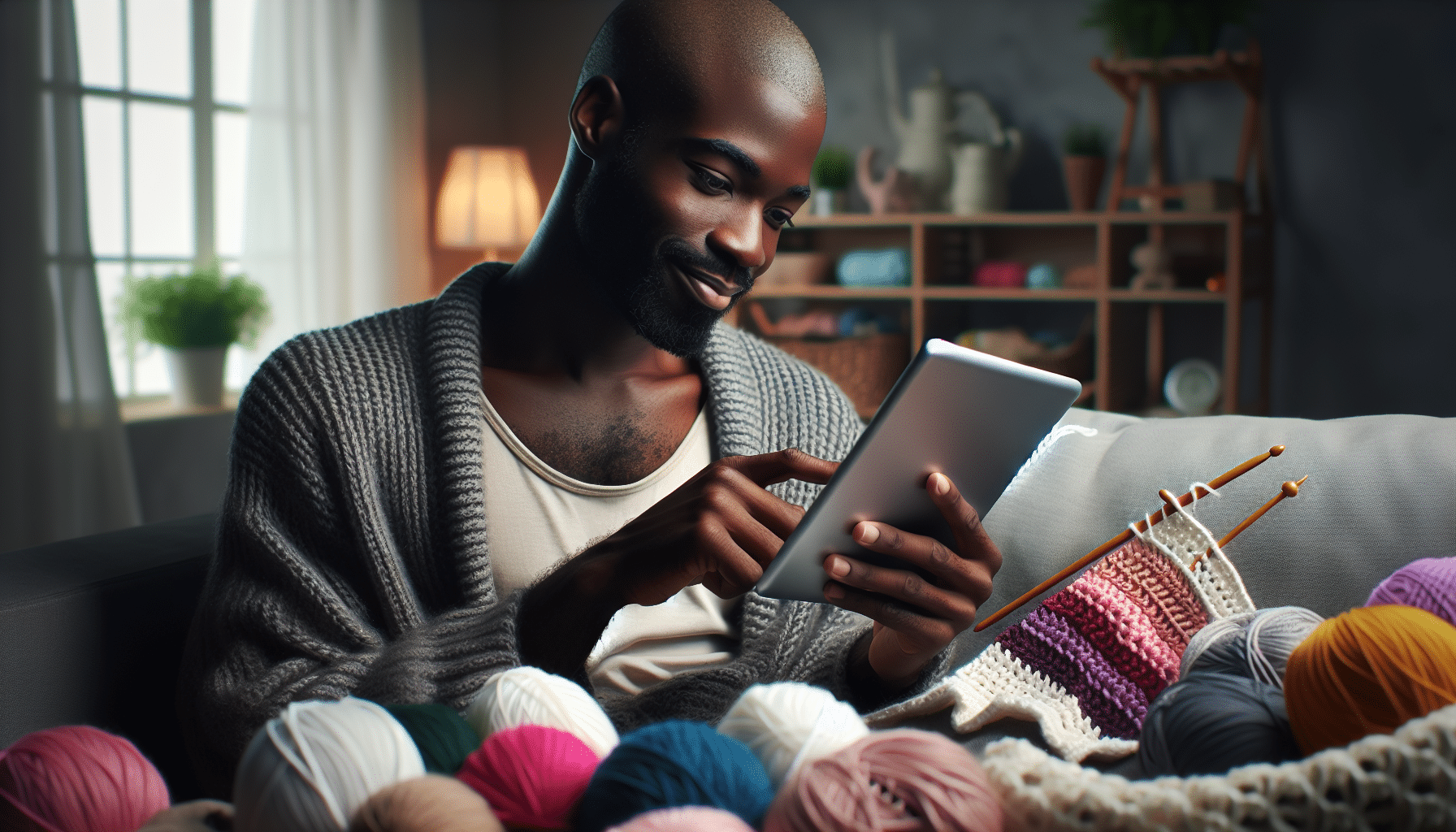Ads
In today's digital age, online privacy has become an absolute necessity. The specter of cyber threats and privacy intrusions is constantly increasing. In this context, VPNs (Virtual Private Networks) are emerging as a crucial lifeline for protecting privacy online. The following content explores how a VPN can shield your data and keep your information secure online.
We live in a world where information is power. However, this power can be a double-edged sword if it falls into the wrong hands. Throughout this article, we'll discover the countless ways a VPN can help protect your privacy and secure your personal data, providing an additional layer of online security.
Ads
Using a VPN is an effective and affordable strategy for safeguarding your digital privacy. We'll learn how a VPN works, how it can mask your IP address, and how it encrypts your data to make it inaccessible to hackers and other malicious actors.
Additionally, we'll dive into the importance of using a VPN in different scenarios, from online banking to social media browsing. This text will help you understand why a VPN is a worthwhile investment for your digital security and how it can be a useful tool in your online protection arsenal.
Ads
In conclusion, protecting your online privacy is vital in this digital age. A VPN is one of the most effective tools for achieving this. Join us on this informative journey to discover how a VPN can be your ally in the fight against cyberthreats and privacy breaches.
How a VPN protects your online privacy
A virtual private network, better known by its acronym VPN, is a fundamental technology for protecting your online privacy. At a basic level, a VPN encrypts your internet connection, preventing third parties from viewing or tracking your online activities.
But how exactly does this work? First, the VPN creates a sort of secure virtual tunnel between your device and the destination server. All data passing through this tunnel is encrypted, meaning it's encoded in a format that only the VPN can decipher.
Therefore, even if someone intercepts this data, they won't be able to read it. In other words, a VPN ensures that your private information, such as your IP address, browsing history, location details, and other sensitive data, remains secure and private.

Factors to consider when choosing a VPN
When choosing the right VPN to protect your online privacy, it's important to consider several factors:
Logging Policy
The first aspect you should consider is the VPN's logging policy. Some VPNs log and store information about your online activity, which can be a risk to your privacy. Ideally, you should choose a VPN that has a "no-logs" policy, meaning it doesn't keep any records of your online activity.
Company location
The location of the VPN company is also important. Privacy laws vary from country to country, and some regions have stricter requirements than others. Therefore, it's advisable to choose a VPN located in a country with strong privacy laws.
Encryption level
The level of encryption provided by the VPN is another critical factor. VPNs use different encryption protocols, and some are more secure than others. Make sure to choose a VPN that offers at least 256-bit encryption, which is the industry standard.
Best practices for using a VPN
Using a VPN is an important step in protecting your online privacy, but it's also essential to follow some best practices:
- Always turn on your VPN: You should always have your VPN turned on whenever you're online to ensure your online activity is protected.
- Use a VPN on all your internet connections: It's not enough to use a VPN on your desktop computer. You should also use it on your mobile phone, tablet, and any other device that connects to the internet.
- Consider a VPN with an automatic kill switch: This feature, also known as a kill switch, cuts off your internet connection if the VPN disconnects, preventing your data from being exposed.
- Choose a reliable VPN provider: Not all VPNs offer the same level of security. Opt for services that have a strict no-logs policy and use strong encryption, such as AES-256.
- Avoid free VPNs: Many free VPNs may log your activity, sell your data, or display intrusive ads. It's better to invest in a reliable premium service.
- Connect to nearby servers: To improve browsing speed, choose servers located near your region. This minimizes latency and optimizes performance.
- Update your software regularly: Keep your VPN and devices up to date to ensure protection against vulnerabilities and potential cyberattacks.
Conclusion

In short, a VPN is an essential tool for protecting your online privacy. By encrypting your data and hiding your IP address, a VPN helps keep your information secure and private. However, it's important to choose the right VPN and follow best practices to maximize your privacy protection.
Ultimately, a VPN is a critical tool for safeguarding your online privacy. By encrypting your data and hiding your IP address, a VPN allows you to browse the web with an added layer of security and privacy. However, not all VPNs are created equal. It's crucial to select a VPN with a no-logs policy, located in a country with strong privacy laws, and that offers a high level of encryption. Additionally, adopting best practices like keeping your VPN always active, using it for all your internet connections, and considering a VPN with an automatic kill switch can further enhance your privacy protection. At the end of the day, online security is a personal responsibility, and a VPN is one of the many measures you can take to ensure your personal information remains private and secure.



